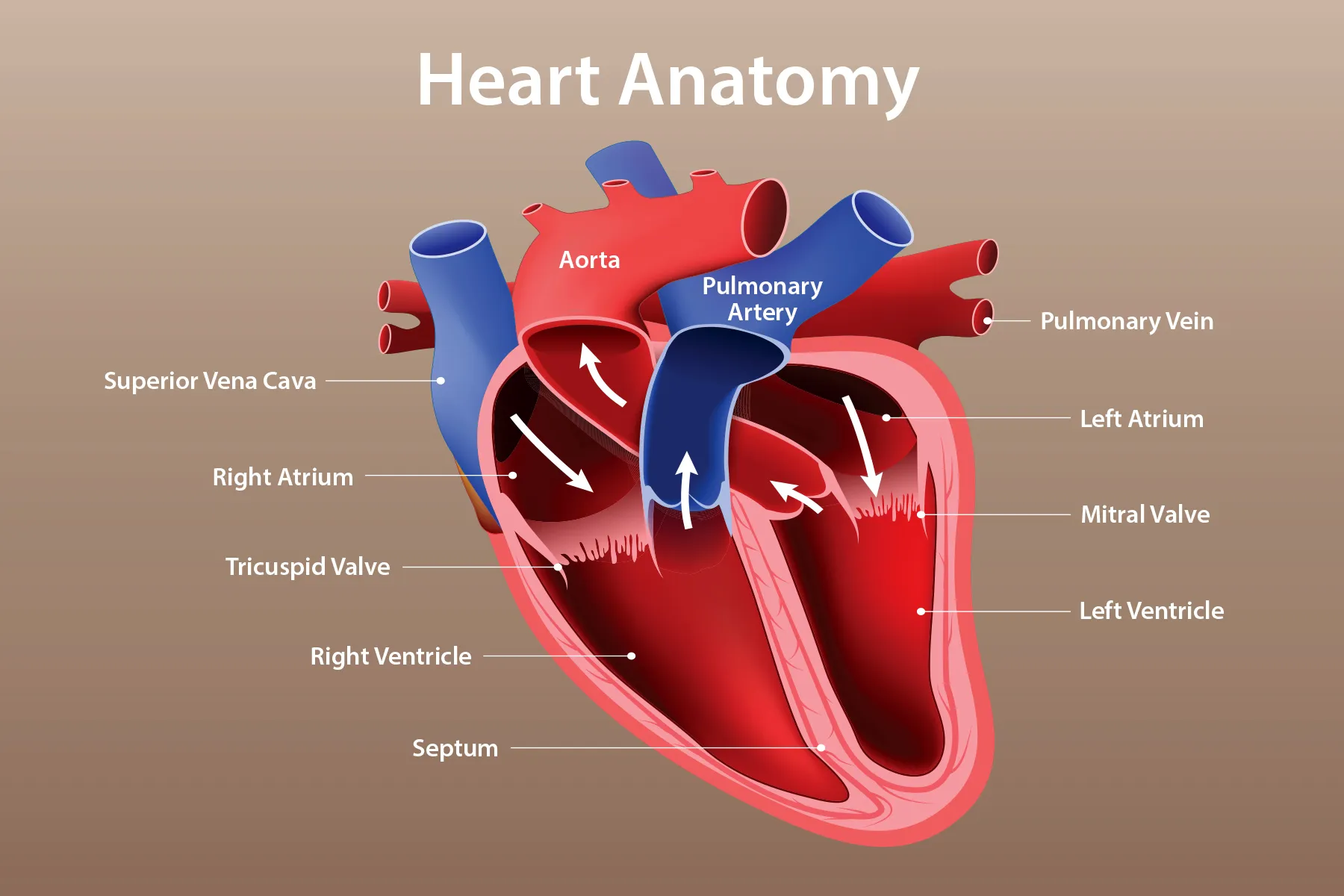Heart disease remains a leading cause of death in the United States, but adopting simple daily habits can significantly improve heart health and reduce risks. By making small, consistent changes to your lifestyle, you can support your heart and enhance overall well-being. Here are practical, easy-to-follow habits to keep your heart strong.
1. Start Your Day with Movement
Physical activity is a cornerstone of heart health. Aim for at least 30 minutes of moderate exercise most days of the week, as recommended by the American Heart Association. Morning walks, a quick jog, or even a home workout can get your blood flowing and strengthen your heart. If time is tight, break it into 10-minute sessions—climbing stairs or stretching during breaks counts!
Tip: Try a brisk walk around your neighborhood or a yoga flow to kickstart your day with energy.
2. Eat a Heart-Healthy Breakfast
A balanced breakfast sets the tone for your day. Include foods rich in fiber, like oatmeal or whole-grain toast, paired with heart-friendly fats from avocados or nuts. Avoid sugary cereals and processed foods high in trans fats, which can raise bad cholesterol levels. Berries, such as blueberries or strawberries, are packed with antioxidants that support heart health.
Example: A bowl of oatmeal topped with fresh berries and a sprinkle of chia seeds is a delicious, heart-smart choice.
3. Stay Hydrated Throughout the Day
Proper hydration helps your heart pump blood efficiently. Dehydration can strain the heart, so aim for 8–10 cups of water daily, adjusting for activity level and climate. Limit sugary drinks and excessive caffeine, which can dehydrate you or spike blood pressure.
Tip: Carry a reusable water bottle and infuse water with lemon or cucumber for a refreshing twist.
4. Manage Stress with Mindful Moments
Chronic stress can elevate blood pressure and harm your heart. Incorporate short mindfulness practices, like deep breathing or meditation, into your daily routine. Even five minutes of focused breathing during lunch or a quick gratitude journal before bed can lower stress hormones.
Try This: Practice the 4-7-8 breathing technique—inhale for 4 seconds, hold for 7, and exhale for 8—to calm your mind and body.
5. Choose Heart-Smart Snacks
Snacking can be heart-healthy if you choose wisely. Opt for nuts, like almonds or walnuts, which contain healthy fats that lower bad cholesterol. Fresh fruits, veggies with hummus, or plain Greek yogurt are great options. Avoid processed snacks high in sodium or saturated fats, which can strain your heart over time.
Quick Snack Idea: A handful of unsalted almonds paired with an apple is both satisfying and heart-friendly.
6. Prioritize Quality Sleep
Sleep is critical for heart health. Adults should aim for 7–9 hours of quality sleep per night. Poor sleep is linked to higher risks of hypertension and heart disease. Create a bedtime routine—limit screen time, keep your bedroom cool, and avoid heavy meals late at night.
Tip: Try reading a book or listening to calming music to wind down before bed.
7. Monitor Your Sodium Intake
Excess sodium can raise blood pressure, a major risk factor for heart disease. The average American consumes far more than the recommended 2,300 mg per day. Read food labels, cook at home more often, and season dishes with herbs and spices instead of salt.
Easy Swap: Replace salty chips with air-popped popcorn seasoned with paprika or garlic powder.
8. Stay Connected with Loved Ones
Social connections can boost heart health by reducing loneliness and stress. Make time to call a friend, join a community group, or spend quality time with family. Positive relationships can lower blood pressure and improve mental health, which benefits your heart.
Idea: Schedule a weekly coffee date or virtual catch-up with a friend to stay connected.
Final Thoughts
Building a heart-healthy lifestyle doesn’t require drastic changes. Small, daily habits—like moving more, eating smarter, and managing stress—can make a big difference over time. Start with one or two of these habits and gradually incorporate more. Always consult your doctor before making significant lifestyle changes, especially if you have existing health conditions. Your heart will thank you for the care!
